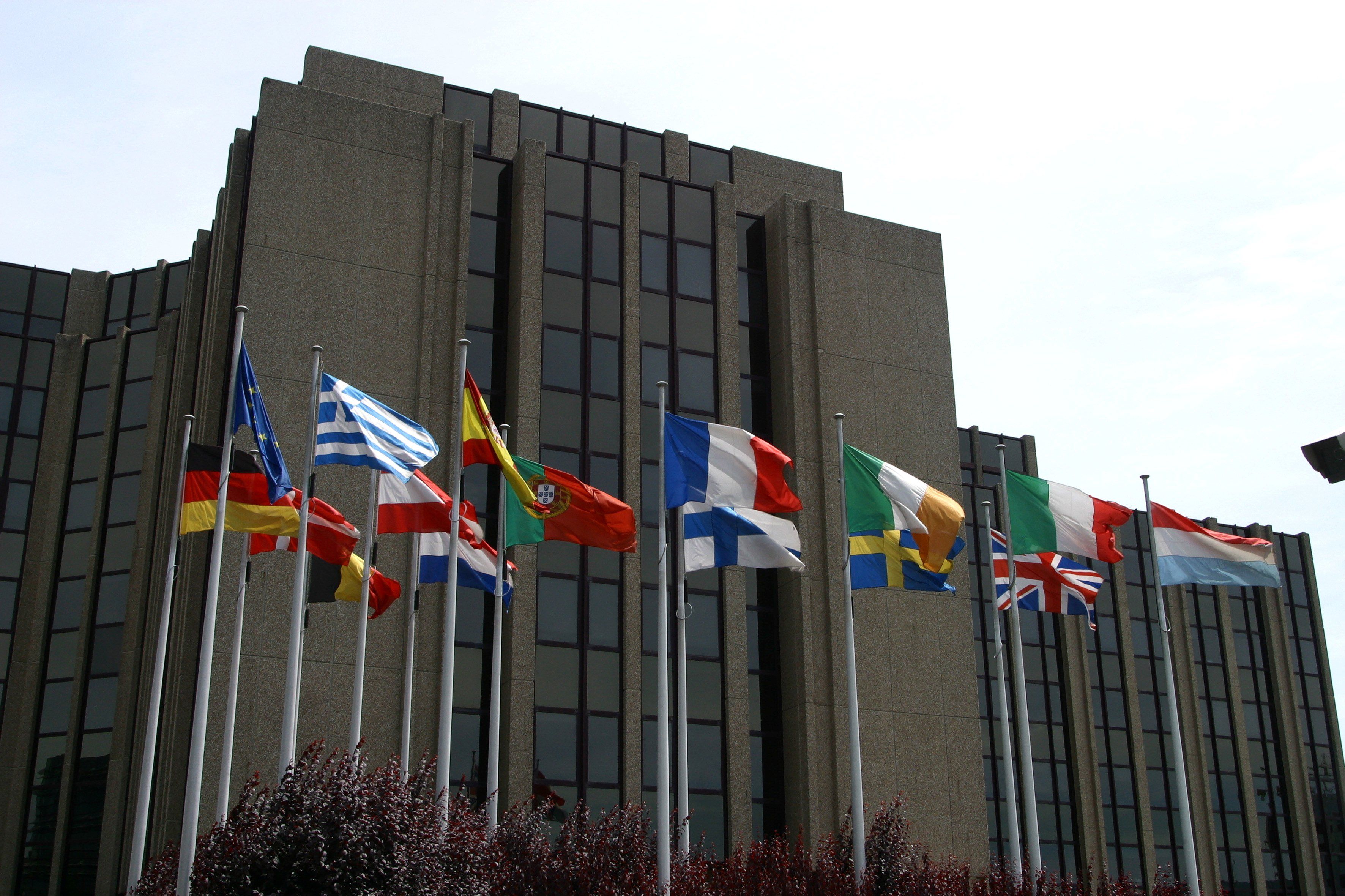European Court of Auditors sees shortcomings in protection of EU financial interests

While the EU possesses various tools to defend its budget against rule-of-law violations by Member States, these instruments exhibit several weaknesses, according to a new report by the European Court of Auditors.
Since 2021, the EU has implemented a conditionality mechanism allowing for the partial suspension or reduction of European financial flows to Member States violating the rule of law. This mechanism was activated once when the European Commission blocked 6.3 billion euros to Hungary, citing inadequate efforts in combating corruption.
The EU employs alternative means to protect its financial interests, such as the Article 7 procedure (suspending voting rights in the Council), Commission-led infringement procedures, and provisions related to cohesion policy and corona recovery fund payments.
Actions against Poland and Hungary
Notably, actions have been taken against Poland alongside Hungary due to concerns about the rule of law. However, the Court of Auditors highlights inadequate monitoring of Member States' remedial measures, stating that they often fall short of substantial improvements. “In practice, they do not necessarily go beyond simply checking boxes,” the report stated. Moreover, the potential repercussions on other budgetary allocations, like agricultural policy, are not adequately considered.
The Court of Auditors recommends that the European Commission better monitor the effect of measures taken to protect European financial interests.
The court said approximately 134 billion euros for Poland and 22 billion euros for Hungary were currently at stake in various rule-of-law disciplinary proceedings. That would amount to roughly 19 per cent and 13 per cent of the countries’ 2022 GDP, respectively.
"Blocking EU funds may hamper the achievement of EU programmes and policy objectives"
However, despite the considerable figures, "the immediate impact is actually quite limited,” says Annemie Turtelboom, the court member who led the audit. Blocking EU funds may hamper the achievement of EU programmes and policy objectives. In cases where a government fails to fulfil its obligations, citizens may then be the first to feel the negative effects the auditors warned. For example, students may no longer be able to take part in the Erasmus+ exchange programme.
Finally, the Court of Auditors warns that political considerations may play a role in the decision to release or no longer block European money, while, in fact, this must be based on technical and legal arguments. Reference is made to the decision in December last year to release 10 billion euros in frozen funds for Hungary. That decision coincided with the vote on opening accession negotiations with Ukraine, which also required Budapest's approval.
©Photo BELPRESS
Related news
